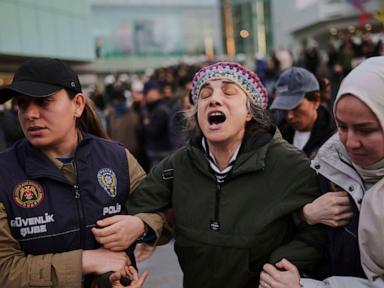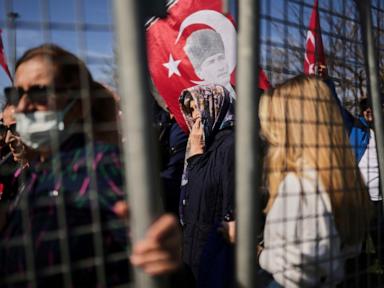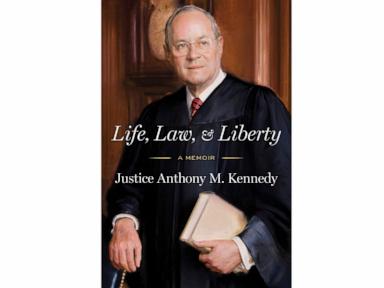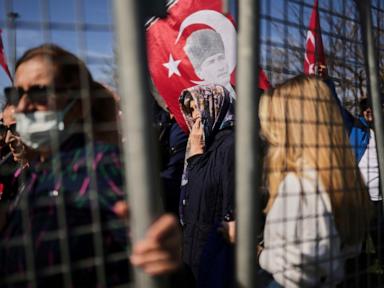When Istanbul Mayor Ekrem Imamoglu — widely seen as Turkish President Recep Tayyip Erdogan’s most formidable political rival — was arrested at his home on flimsy corruption charges, Turkey entered a new and dangerous phase in its long democratic unravelling. His detention, followed by mass protests, violent crackdowns, and the arrest of demonstrators and journalists, is the natural outcome of years of democratic backsliding — which began with the dismantling of judicial independence.
Turkey’s descent is not just Turkey’s problem, and it’s not just inconvenient because Turkey is large and important, but is a fundamental warning about political systems. The architecture of liberal democracy — checks and balances, independent courts, protected rights — doesn’t dismantle itself overnight. It is chipped away, often in full view of the public, under the pretense of “majority rule.” It happens gradually, even legally, until suddenly a country that holds elections no longer holds power to account.
The signs of democratic backsliding, always with the freedom of the courts politicized or threatened, are visible in many countries once thought immune — most prominently at present in Israel, Hungary … and the United States.
Once that’s successful, as it’s been in Erdogan’s Turkey, leaders feel free to arrest political rivals on trumped up charges. The next step from this stage — which we might call fake democracy — is full dictatorship. Then, as occurred in Russia, Vladimir Putin’s rival Alexei Navalny turns up dead in a gulag.
A clarification is needed, since the term liberal democracy is often misunderstood in America. “Liberal,” in this context, has nothing to do with left-wing politics or partisan ideology. It comes from the classical tradition of liberty: a system where power is restrained through law, minority rights are protected, and the elected government is not all-powerful. Even the democratically elected cannot do whatever they please.
So courts are empowered to strike down laws, bureaucrats are protected from political purges and journalists can investigate the state. These are core when democracy is defined not merely as majority rule but constrained majority rule, in which each citizen, not just the majority, has rights that cannot be voted away.
Obviously, there is a legitimate and complicated question about how to appoint the gatekeepers.
It cannot be political, else judges become politicians elected by the same majority that needs constraining. But if it’s just professional elites deciding, this gives rise to criticism. Each country has different systems, and America’s is actually quite political, with politicians confirming judges and some justice system positions being directly elected; what makes it tolerable is the very robust constitution.
I have concluded that this is a zone of life where so-called elitism is essential.
Now the principle of constraints on power is under assault. A growing number of political leaders have recast it as illegitimate, presenting anything they do as “the will of the people.” Why should courts protect the rights of minorities the majority dislikes? Why should the media be allowed to scrutinize the elected leadership?
This populist logic is seductive but toxic. ...













